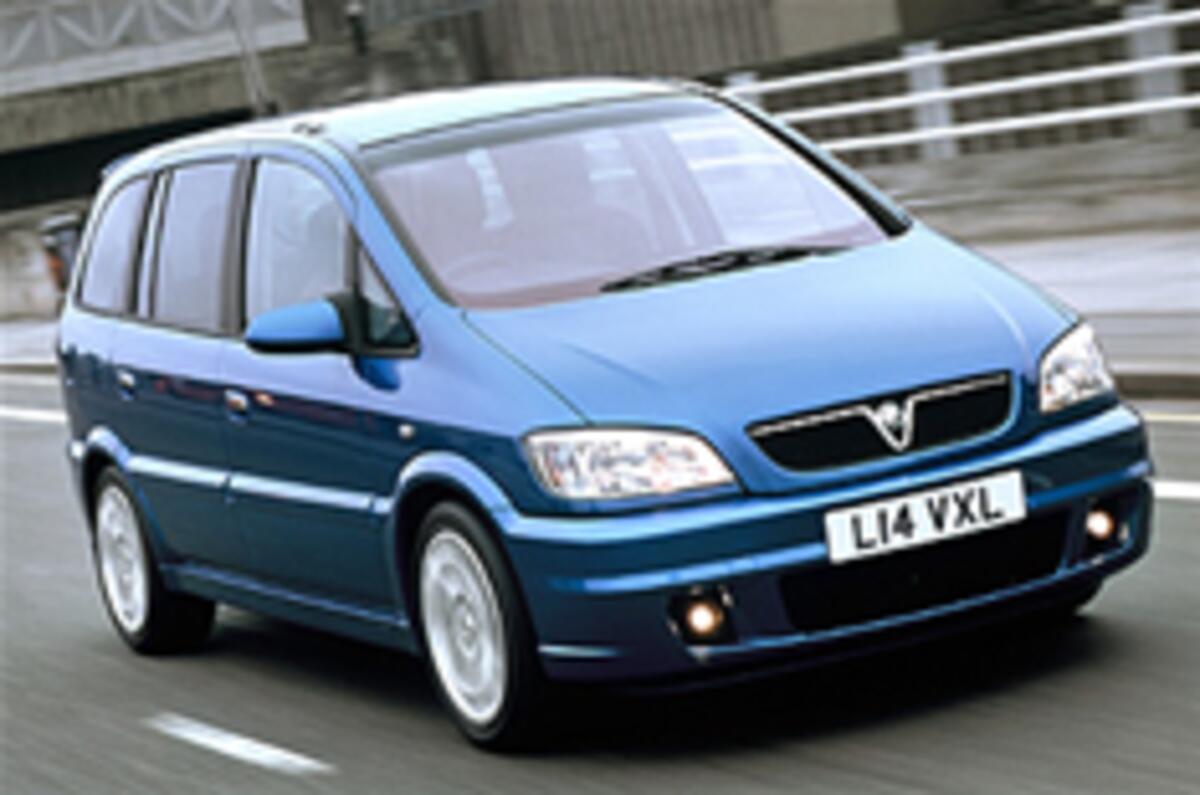The Government has admitted that it intends to include cars built since March 2001 in the highest tax band of new road tax regulations, due to come into force next April.The new tax rules are being introduced in stages, and will see cars that produce more than 225g/km being charged £300 next year and up to £445 in 2010, compared with the current rate of £210. Regulations currently state that cars produced before March 2006 and after March 2001 will be exempt from the highest Vehicle Excise Duty (VED) band, but the government’s rethink means that these cars could be subject to as much as £245 more tax per year. The new tax rates were announced in this year’s budget, which you can read more about by clicking here.A new showroom tax was also announced in the 2008 budget, which will see car buyers paying up to £950 for the privilege of buying new.




Join the debate
Add your comment
Re: Tax exemption for older cars abolished
In principle, completely.
Though I also think people who have bigger, heavier, thirstier cars must statistically pay more already to the taxman (proportionately per mile) through their higher fuel consumption.
I do think everytime the government spouts the 'we're raising prices to discourage CO2/Drinking/Smoking etc it's total BS. We need carrots, not sticks. E,g, Abolish tax for cars emitting less than 110 gm/km, but keep tax at £200 per annum for all other cars. THAT's an incentive.
What was wrong with everyone paying a fixed fee per annum? Didn't purchasers of more expensive cars already pay more in terms of VAT, insurance, maintenance etc? It's like the days of the Sheriff of Nottingham never went away....
Re: Tax exemption for older cars abolished
Changing the topic slightly, I've always felt that road tax should be based on a combination of vehicle weight, height and number of seats. Admittedly my motoring has almost always been in low, light 2-seaters, so I do have to declare a certain amount of self interest here. (Even though a number of our MP's forget to when it comes to parliamentary affairs).
Joking aside, this would encourage a much more green approach to car design, and a move away from the bigger is better mentality. Small, light cars require less fuel for a given performance target, and by their nature use less of our natural resources.
Is anyone with me on this?
Re: Tax exemption for older cars abolished
I recently weighed up all the factors and decided that my company pension, golden handshake, savings and investments enabled me to take early retirement at 54. This is partly based on the fact that my state pension will kick in at 65.
With the way that road tax has changed and been applied retrospectively, (yes I'm affected too), who's to say the Government won't retrospectively put the state pension age up to 70 and give me 5 tough years? Imagine the outcry then. As this is only motorists getting a kicking there will be no major swell of rebellion and they will get away with it.
One undesirable knock on effect is that it will squeeze another tranche of motorists into the untaxed, and worse, uninsured margin. Still, whoever the chancellor is then will increase VED to recoup the calculated shortfall I'm sure, and insurance companies will pass on the increase too.